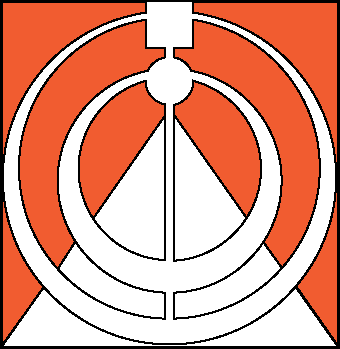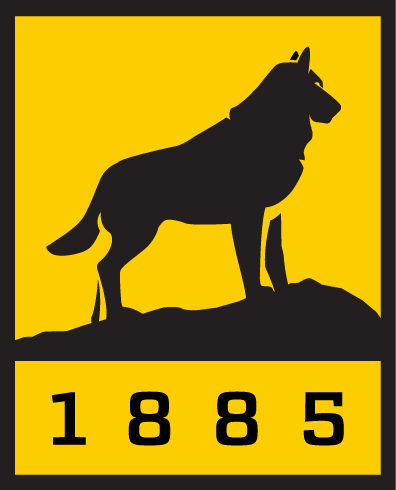The Unit Challenge
The Mi-STAR Unit Challenge is a unit-long challenge-based project where students use science and engineering practices to discover new ideas and apply content knowledge to address real-world issues.In the Classroom
 Mi-STAR Unit Challenges motivate and engage students by giving them a goal that is relevant to 21st Century societal issues. Each challenge begins by introducing students to a scenario that describes a real-world issue or puzzling phenomena they must address. Students work together to identify the problem presented in the scenario and to create a list of clarifying questions they will need to answer in order to address the Unit Challenge.
Mi-STAR Unit Challenges motivate and engage students by giving them a goal that is relevant to 21st Century societal issues. Each challenge begins by introducing students to a scenario that describes a real-world issue or puzzling phenomena they must address. Students work together to identify the problem presented in the scenario and to create a list of clarifying questions they will need to answer in order to address the Unit Challenge.
In each consecutive lesson, students use science and engineering practices to investigate their questions, discover new concepts, and apply their knowledge to the challenge. The challenge ends with a culminating experience where students use evidence and reasoning to present their proposed solution to the problem. As a class, students discuss their presentations and decide which solution best addresses the Unit Challenge.
By the end of the unit, students have a deeper understanding of scientific ideas, stronger science and engineering skills, and an ability to recognize scientific ideas behind important issues in their everyday lives.
| Watch the above video to hear about how an example Unit Challenge weaves throughout a unit. | Click above to browse a slideshow of example Unit Challenge Scenarios. |
A Deeper Look
 The purpose of the Unit Challenge is to engage and motivate students in three-dimensional learning where they apply science and engineering practices connected to the NGSS Performance Expectations, unifying Crosscutting Concepts and Mi-STAR Theme. Each challenge provides teachers and students with the structure and tools they need to succeed while allowing enough freedom to be self-directed, creative and motivated. (English & Kitsanta, 2013; Johnson et al., 2009)
The purpose of the Unit Challenge is to engage and motivate students in three-dimensional learning where they apply science and engineering practices connected to the NGSS Performance Expectations, unifying Crosscutting Concepts and Mi-STAR Theme. Each challenge provides teachers and students with the structure and tools they need to succeed while allowing enough freedom to be self-directed, creative and motivated. (English & Kitsanta, 2013; Johnson et al., 2009)
The goal of each Unit Challenge is to help students achieve a depth of scientific understanding and mastery of scientific skills through hands-on investigation, class discussions, and personal reflection. The Mi-STAR Unit Challenge goals are closely aligned with the goals of A Framework for K-12 Science Education - that students gain an appreciation for science and engineering as they attain ample knowledge to discuss societal issues, reason through information, and continue to use science outside of school as a career and/or as informed citizens. (National Research Council, 2012)
For more information about how Mi-STAR Units are structured to support student success, see Curriculum Essential: Instructional Model: The Unit Structure.
Sources
- English, M. C., & Kitsantas, A. (2013). Supporting Student Self-Regulated Learning in Problem- and Project-Based Learning. Interdisciplinary Journal of Problem-Based Learning, 7(2). doi:10.7771/1541-5015.1339
- Johnson, Laurence F.; Smith, Rachel S.; Smythe, J. Troy; Varon, Rachel K. (2009). Challenge-Based Learning: An Approach for Our Time. Austin, Texas: The New Media Consortium.
- National Research Council. (2012). "Summary". A framework for K-12 science education: Practices, crosscutting concepts, and core ideas. National Academies Press. Available from https://www.nap.edu/read/13165/chapter/2



















